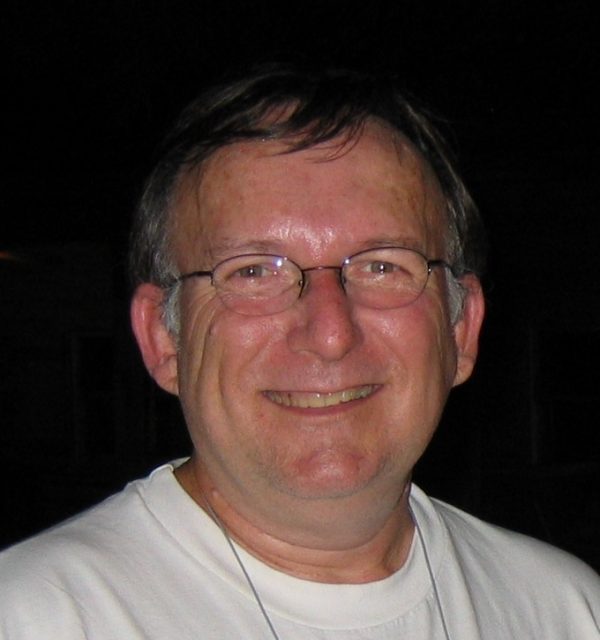Valued herpetologist and Florida Museum of Natural History research associate Joseph Mitchell died on July 2.
Widely known for his extensive body of work on reptile and amphibian conservation, Mitchell’s interest in herpetology was encouraged by an uncle who introduced him to the Virginia Herpetological Society at a young age – the beginning of a road that would eventually lead to more than 500 publications and a lasting legacy for Mitchell in the scientific world.
“He should be remembered as the ultimate herpetological conservationist in the broadest sense of the word,” said Max Nickerson, Florida Museum curator of herpetology. “His legacy is exceptionally far-reaching. Whether you had a Ph.D. or not, he would spend the time working with you, answering your questions and trying to spread the conservation creed.”
Although Mitchell specialized in turtles, Nickerson said that categorizing Mitchell’s career and publications remains nearly impossible.
“It’s hard to find any area of herpetology that he didn’t get his toes in,” Nickerson said.

Photo courtesy of Ken Dodd
Mitchell became a research associate at the Florida Museum after extensive collaboration as a volunteer. He donated select specimens from his personal collection and mentored University of Florida students, constantly sharing his data and expertise with the herpetology community.
“Every place he went when he was in the field, he took data,” Nickerson said. “His death creates a big hole in the finishing of many projects, with a major effect on the entirety of the herpetological and conservation communities.”
In 1999, Mitchell and colleagues – Nickerson among them – formed an alliance called the Partners in Amphibians and Reptile Conservation that later published comprehensive habitat management guidelines for five regions across the U.S. Mitchell’s insights into habitat management are among what he considered to be his greatest contributions to science, according to an autobiography he published via the Smithsonian Herpetological Information Service.
“Most of the people who interacted with him just kind of loved him,” Nickerson said. “He was the type of individual that you just thought, ‘This guy is great.’ And he was.”
Source: Max Nickerson, maxn@flmnh.ufl.edu, 352-273-1946